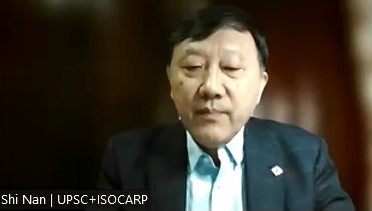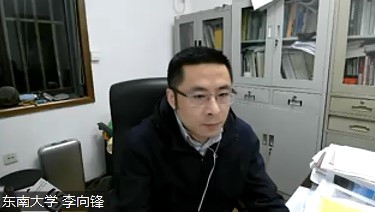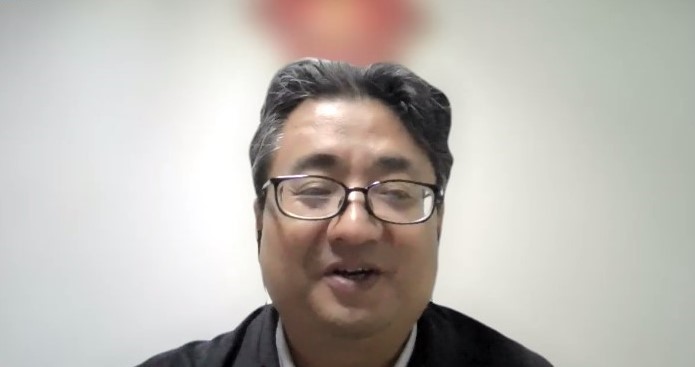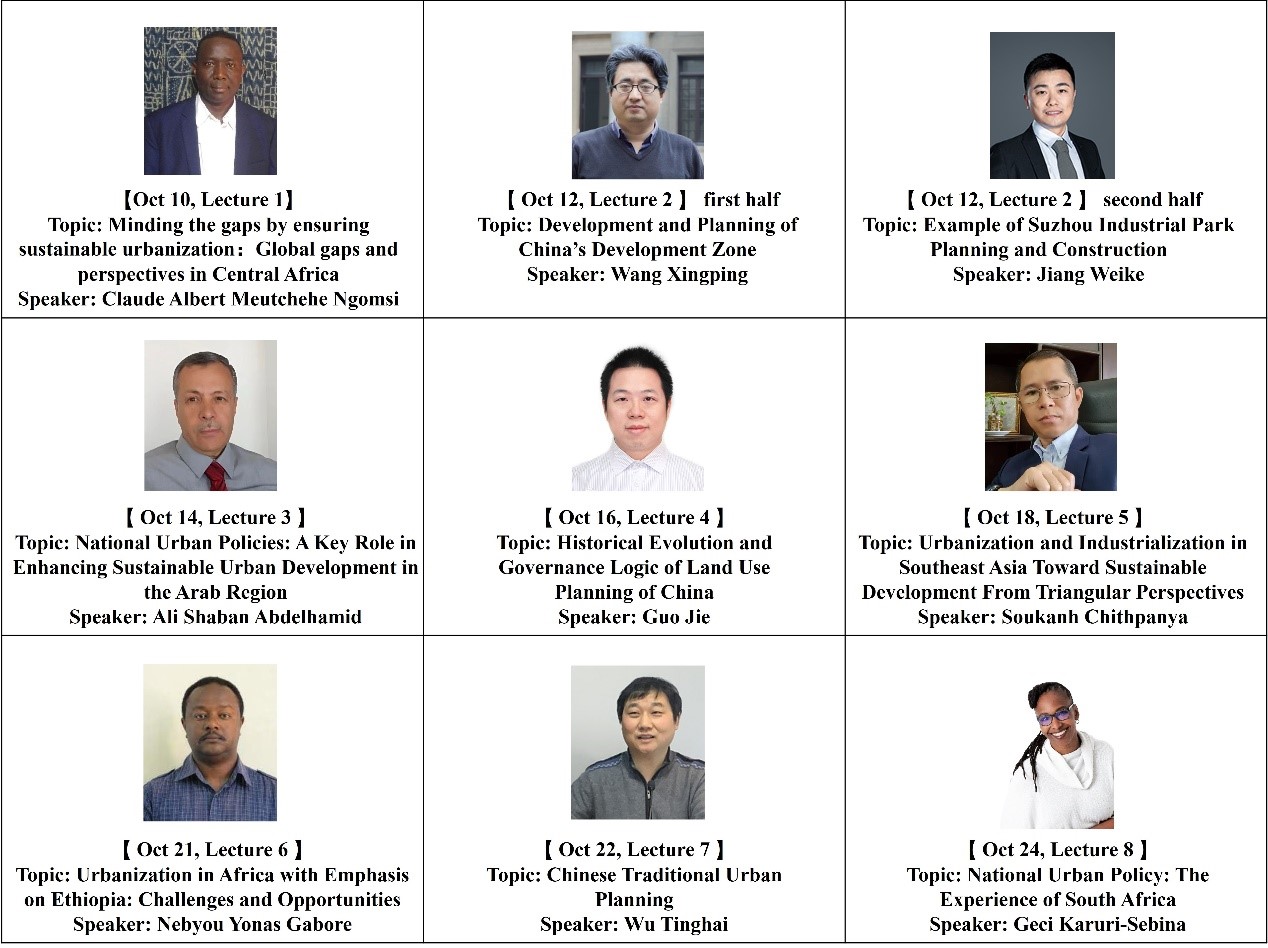


On October 10-24, 2022, the Training Workshop on Global Industrialization, Urbanization and Spatial Planning (The Second Session, Online) was successfully held. This workshop is an academic training and seminar activity supported by the Urban Planning Society of China (UPSC) with the School of Architecture, Southeast University (SEU) as the co-organizer, under the China Association for Science and Technology (CAST) Program of International Collaboration Platform for Science and Technology Organizations in Belt and Road Countries and the Emerging Engineering Education Research and Practice Program of the Ministry of Education. The theme is "Global Industrialization, Urbanization and Spatial Planning". A total of more than 230 trainees from more than 30 countries along the Belt and Road area participated. Participants include scholars, students, government officials, practitioners in industrial parks, planning and design technicians, etc. from China and countries along the Belt and Road.
On October 10, the workshop officially started. Mr Shi Nan, Executive Vice President and Secretary-General of UPSC, Chairman of the Academic Committee of the International Joint Center for Planning and Design Technology of Belt and Road Sustainable Industrial Parks (hereinafter referred to as the Center), and Prof. Li Xiangfeng, Deputy Dean of School of Architecture, SEU, delivered opening speeches respectively. The opening ceremony was presided over by Prof. Wang Xingping from the School of Architecture, SEU, who was in charge of the workshop and directing the Center.

Mr Shi Nan delivered the opening speech

Prof. Li Xiangfeng delivered the opening speech

Prof. Wang Xingping introduced the workshop
The series of academic training lectures followed the opening ceremony. The lecture covers three sections: Featured planning in China, Planning of countries and cities along the Belt and Road, and Development and planning of specific regions from the global perspective.

Schedule of the workshop
There are three lectures in the section on Featured planning in China. Mr Wu Tinghai, Professor at the School of Architecture at Tsinghua University and the Director of the Department of Urban Planning, introduced China's traditional urban planning with governance as the core from the perspective of big history. Prof. Guo Jie from the School of Public Administration at Nanjing Agricultural University systematically sorted out the historical evolution of land use planning in China and pointed out that land use planning is the core and key support of China's territorial planning. Prof.Wang Xingping and Mr Jiang Weike, Director of Suzhou Branch of Jiangsu Provincial Planning and Design Group, introduced the development and planning of China's contemporary industrial parks. Prof. Wang systematically sorted out the types, distribution and historical stages of the development zones in China, and specifically analyzed the important role played by the development zones in multi-dimensional fields such as economy and society. Mr Jiang introduced the basic situation of Suzhou Industrial Park and the process of multiple dynamic adjustments to the planning of the park.
There are three lectures in the section on the Planning of countries and cities along the Belt and Road. Dr Ali Shaban Abdelhamid, Professor from the Urban Planning Department, An-Najah National University, Palestine, and the Director of China-Palestine & Middle East Industrial Parks Planning Technology Center, introduced the background and achievements of the urban policies making in the countries in the Arab region and took Palestine as an example to introduce the specific areas involved in the national urban policies. Ms Geci Karuri-Sebina, the adjunct professor in the African Centre for Cities at the University of Cape Town, reviewed the development process of South Africa's national urban policy and the problems it faced, interpreted the Integrated Urban Development Framework (IUDF), and summarized the challenges faced in the implementation of IUDF and the lessons learned for the future. Dr Nebyou Yonas Gabore, Assoc. Professor and Chair Holder of Urban Design at Ethiopian Institute of Architecture, Building Construction and City Development (EiABC), Addis Ababa University, analyzed the overall process, characteristics and evolution of urbanization in Africa, and discussed the exact problems facing Ethiopia in its urbanization process.
There are two lectures in the section on the Development and planning of specific regions from the global perspective. Dr Claude Albert Meutchehe Ngomsi, Head of Country Office, DRC Task Manager for the Central Africa Region, UN-Habitat, pointed out that the Central African region is currently facing multiple difficulties, and called on governments at all levels to take active actions to promote sustainable urbanization. Dr. Soukanh Chithpanya, Assoc. Professor in the Faculty of Architecture at the National University of Laos interpreted the challenges and opportunities for sustainable development in Southeast Asia and proposed planning methods to promote urban transformation and development.
On October 24, the closing ceremony followed the series of lectures. Prof. Wang Xingping reviewed the whole workshop and expressed his gratitude to the trainees for their active participation and questions. He said that exchanges and cooperation like this will continue to be arranged to contribute wisdom and strength to the development and planning of regions along the Belt and Road under the background of building a community with a shared future for mankind. This workshop has provided a communication platform for global scholars, students, and industry technicians in the field of urban planning, and played a positive role in promoting the popularization of knowledge pedigree in the field of urban development and planning as well as the mutual learning and dialogue around the world.
Source: School of Architecture, Southeast University